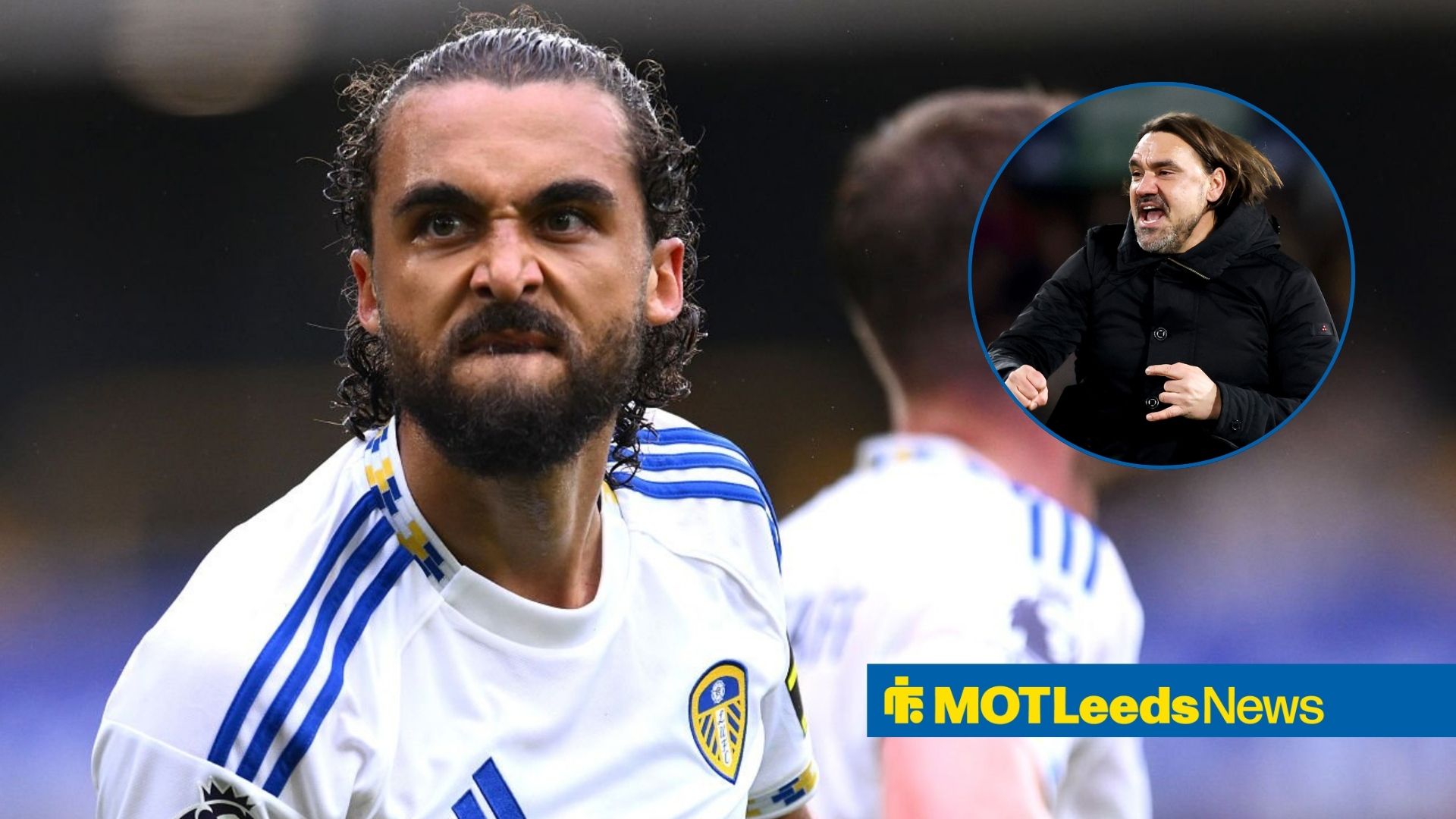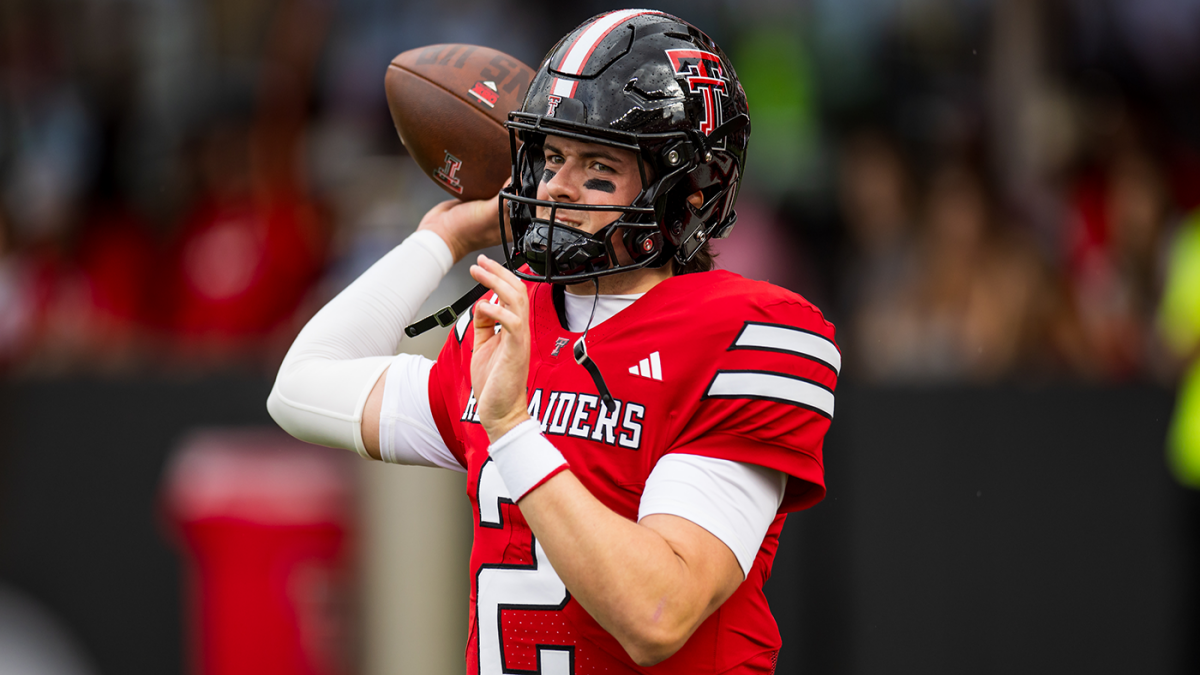No handshake could have been Suryakumar Yadav’s compulsion but that’s where it should have ended

Later at the award presentation and press conference, the Indian skipper would say things that cricketers generally avoid. There is a time and place to mention terror attacks and wars and a sporting arena certainly isn’t one. Stadiums are where fans turn up to escape the ugliness of the world, they don’t need to be reminded of guns, missiles and killings.Story continues below this adSurya’s out-of-place comments — made months after the unfortunate events — triggered reactions and overreactions. Pakistan negotiates most matters of diplomacy with a gun on their own heads, it has been said. They threatened a pull-out. A cricket tournament, put in place after months of delicate negotiations, had been pushed to the edge of the cliff. Indo-Pak bilateral games are a thing of the past, reduced mostly to just nostalgic value. Now even the periodic Asia and World Cups were getting problematic.So why did Surya rock the boat when the waves had finally seemed to have settled? Why didn’t he just stick to the good-old post-match clichés after he made his point at the toss and made his bat make a thundering statement about India’s overwhelming superiority over Pakistan?It’s while searching for the answers to these difficult questions that the matter gets complex. It’s when you get Surya’s perspective. There are reasons why the ultimate friendly foe and affable opponent like Suryakumar, turned cold.Those who have followed Surya from his early days slot him as an archetypical Mumbai boy. Funky, flamboyant and truly apolitical. Back in the day he would dye his hair – his choice of colours ruled by ‘the brighter, the better’ principle. He has had his face-offs with officials and fall outs with players. The virtual rangoli of tattoos on his body, a lasting memory of those wild days.But with age he mellowed down and it was his maturity that made him a consensus captaincy candidate when India started having second thoughts about the leadership of the other heavily-inked star of Indian cricket — Hardik Pandya.Story continues below this adPressure and responsibilities didn’t change Surya’s persona. He still retains his sense of humour and there is still a lot of Mumbai in him. A Bollywood buff, he loves being filmy — not theatrical. His casual conversations are littered with references from Hindi comedy capers and for any situation – grave or mundane – he has an apt funny line from the movies. He is an Andaz Apna Apna, and a Hera Pheri kind of guy – the situations from these iconic laugh-a-minute riots he often picks for the memes he puts out with his teammates.Surya grew up in a happy home where the children weren’t forced to take the beaten path. And if they wished to take the less-travelled road, the parents would hold their little fingers and walk with them. And thus emerged an exceptional batsman from Anushakti Nagar — a rare, quiet and leafy Mumbai colony for employees of Bhabha Atomic Research Centre.His father Ashok, a chief engineer, would cook him breakfast and take him for cricket training. At his recent retirement from BARC, a clip of that farewell would go viral, the dutiful son would speak of those days and thank his father. But trust Surya to lighten the mood of his father’s emotional last day at office. “So many of you have turned here for my father’s farewell .., so I am sure my father would have done something good here ….”. Surya had his father’s colleagues in splits.The Indian captain would be his same cheerful self at the pre-Asia Cup all-captain’s conference. He would be chatting with his counterparts, joking with reporters and answering questions with his trademark sense of humour. But there was a storm within him. He would confide to those close to him that he worried over the narrative being built after the India-Pakistan game, the first after Operation Sindoor and the latest border skirmish.On Indian news channels, hyperventilating anchors were goading Sachin Tendulkar, Rahul Dravid, Sourav Ganguly to make statements about boycotting Pakistan. Indian players in Dubai were brutally trolled, #BoycottPak would trend. Many complained that they were being judged on their family and building whatsapp groups — How can you play Pakistan? Surya acknowledged this “outside noise”, and said the team did talk about it in the dressing room.Story continues below this adBCCI officials go missingThe players knew they would be under scrutiny and targetted in case there was even a hint of smile on their faces with any Pakistan player in the proximity. They were all alone. None of the BCCI officials — so keen to have the camera on them on match day — were at the stadium. They couldn’t be seen watching this game. Finding himself under the forced spotlight, Surya didn’t extend his hand. It is easy to guess the consequences if he had.Later he gave his reasons. “I feel a few things in life are ahead of a sportsman’s spirit also,” he said. By saying that he was setting a precedent. Sports has under its umbrella those with different political persuasions and leanings. Everyone has “few things” that matter more to them than sports. Those “few things” might be hurtful or objectionable to others. That’s why stadia have an unwritten code, they need to stay sporting.There has been this long-standing complaint against the Indian cricketers. They get harpooned for skirting issues of national importance and for not taking stands on them. This episode shows why they don’t, and probably shouldn’t, if they haven’t thought it through or lack the nuance of expression.









